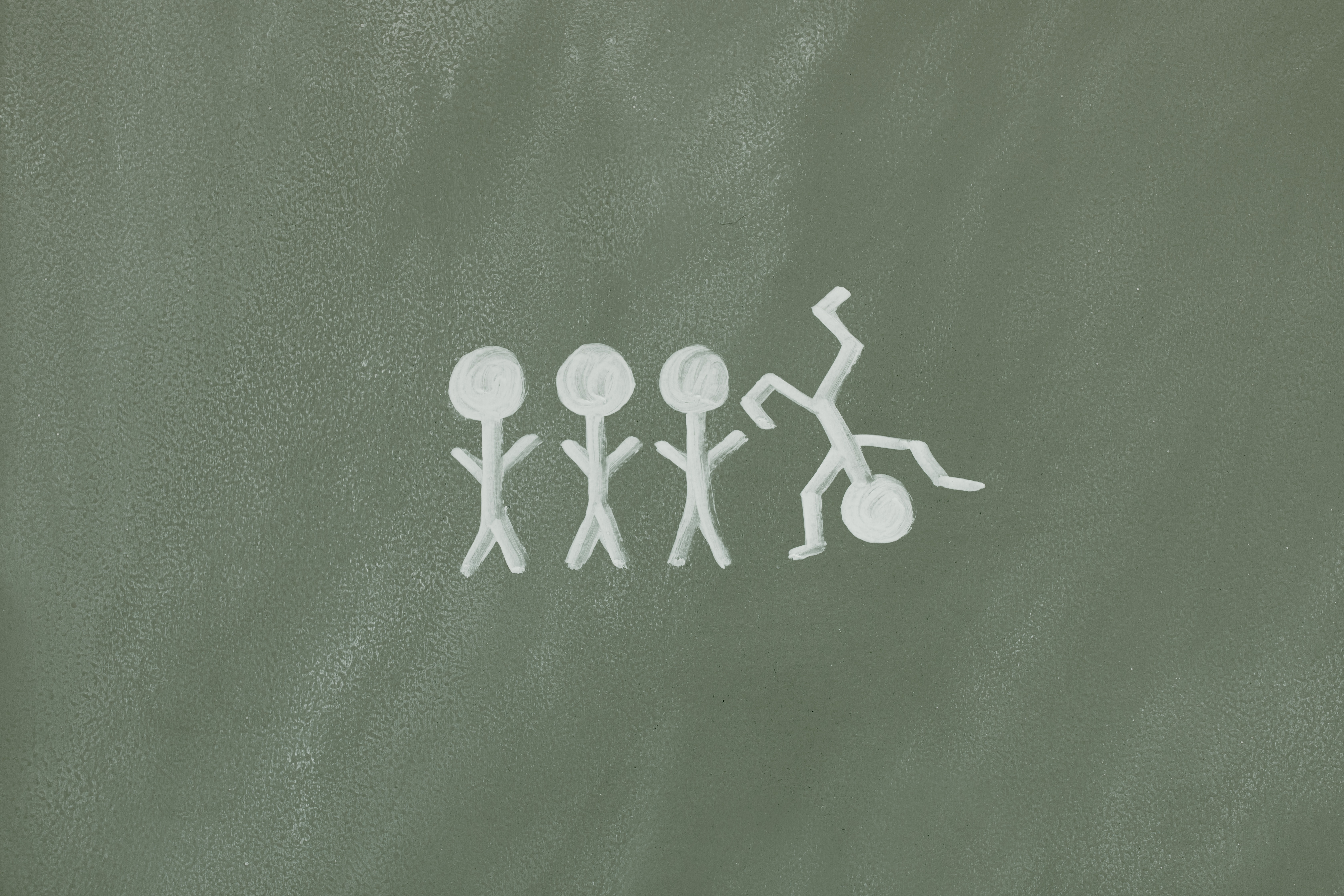
Why Addiction should be called ‘Dopamine Deficit Syndrome’
Addiction is a loaded word. Calling someone an addict will definitely get you removed from their Christmas Card list. We see addicts as dirty people, criminals, deviants or just plain sad. We think they lack self-control. They hang out in dark alleys swapping cash for Molly. They lose money they don’t have at the track. They prostitute themselves for a hit. They beat their wives. The next ‘high’ rules their lives. It is not a compliment, and it carries a lot of moral judgement baggage.
And yet at the same time we’ll often describe ourselves as addicts. We’re addicted to our phone, or coffee or we’re gym junkies or chocoholics. But we don’t mean we’re real addicts. We’re not meth heads or ice junkies. We’re not THAT type of addict. And yet the science says there is no discernible difference in the biochemistry between a chocoholic and a cocaine addict.
This is why we need a new name for addiction. We need a name that describes exactly what it is without all the stigma. We need the new name so we can understand how that biochemistry can affect anyone and, more importantly, what we can do about it. I suggest Dopamine Deficit Syndrome. Let me explain why.
We’ve all met people wearing a fragrance that could kill a cat at twenty paces, but we are barely able to smell it at all after being with them for a while. Olfactory adaptation or nose blindness is a temporary inability to detect an odour after prolonged exposure. Evolutionary biologists suggest neural adaptations like this help us screen out constants in our environment so that we can more efficiently detect changes. It is not life-prolonging if the toxic aftershave hides the smell of an approaching bear for example.
We can develop a similar ‘blindness’ for dopamine for a similar reason. Dopamine is the neurochemical which motivates us to run towards rewards and away from danger. And just as with odours, we will develop blindness to it in highly rewarding or dangerous environments. If we live in a war zone, we need to develop a blindness to dopamine so we can detect when a gunshot sounds near enough to be a threat. Similarly, if every player wins a prize, we need a bigger reward to make us keep playing.
Our brain does this by shifting the goalposts. It increases the amount of dopamine required to make us take action. We develop a tolerance for risk and reward. We become risk and reward blind. Now something must be extra dangerous or extra rewarding or we will ignore it. Now our normal levels of dopamine are not enough. Not enough to reward us, not enough to scare us and not enough to keep our attention in general.
Dopamine’s job is to keep us focused on the task at hand. Without it, our brain continuously jumps the rails. We need more dopamine all the time just to feel normal. We are suffering from Dopamine Deficit Syndrome (DDS).
Our body knows how to cure DDS. It remembers the things that produce dopamine (even if we don’t). It knows if we stay awake, dopamine will ramp up. It knows if we are in pain, or hungry dopamine will increase. It also knows we can consume substances that stimulate dopamine directly, things like sugar, caffeine, nicotine, cocaine, opioids etc. And it knows we can watch porn, play computer games, scroll the socials or dating apps or gamble and dopamine will be forthcoming.
All of this makes us feel better, but none of it cures DDS, it just makes it worse. The more dopamine we are able to generate, the more ‘blind’ we become and the more intense our DDS becomes. It is like ‘curing’ nose-blindness by snorting Eu de Cat-killer.
DDS symptoms are pretty easy to spot. Sufferers have trouble sleeping, are irritable, lack impulse control, are anxious, depressed and paranoid and are unable to focus except when a dopamine hit is on offer. They will have no trouble with concentration when playing an online game or betting on the next race, but they will really struggle to focus on a maths problem or reading a book.
When I wrote about quitting sugar, people would tell me they don’t add sugar to anything, so they couldn’t have a problem. What they didn’t know was that we no longer need to add sugar. It is in everything. We can eat 20 teaspoons just by having a bowl of Sultana Bran and a glass of juice.
The story is similar with dopamine. We no longer need to seek out people with dubious hygiene in dark alleys to get a dopamine hit, they are embedded in everything. They are there when we browse our socials, when we watch YouTube, when we play an online game, when we eat a muffin with our coffee, when we have a quiet one or three after work, when we place a quick online bet and when we stay up past our bedtime doing any of these things. Excess dopamine hits are now everywhere and every time we get one, our brain moves the goalposts of feeling normal just that bit further away.
The good news is DDS is more curable than just about any disease we know. When you walk out of the room and rest your nose for a few minutes. Your nose blindness vanishes. You will smell Feline Assassin like it was the first time. Your olfactory sense is reset. Exactly the same thing happens with DDS. The catch is it takes 3 months rather than a few minutes, and during those 3 months your brain will be telling you 24 hours a day to get a dopamine hit.
This makes curing it easier said than done, but the first step to that cure is understanding we are not filthy addicts with character faults. We are being driven by biochemistry and marketed to by people who can make a buck out of knowing that. Our best defence is skipping the guilt and stigma associated with the word ‘addiction’ and applying what we know about that biochemistry to ensure we make it to the other side of withdrawal.
Photo by Jessica Lynn Lewis from Pexels

















[…] Part One of this series, I minted a new term for the way our brain is destabilised by dopamine producing […]
[…] producing two to three times as much as our normal level. This acts as a temporary cure for DDS, the low dopamine state which causes ADHD-like symptoms, anxiety and depression. Initially alcohol […]